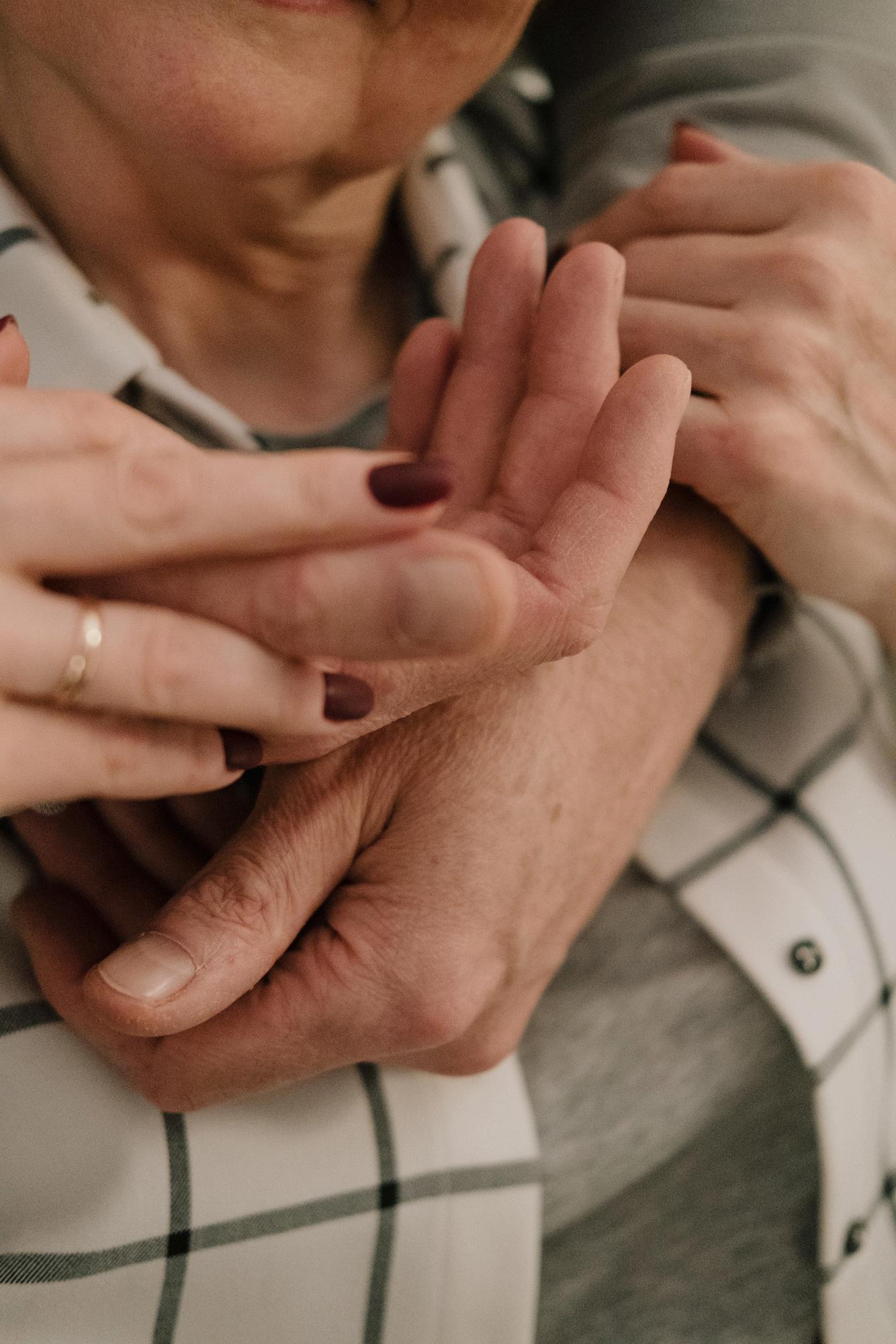
2 minute read
Seniors,SexandIntimacy:AVitalConnection.
By MaureenMcGrath RN,NurseContinenceAdvisor&SexualHealthEducator
Intimacy is a fundamental human need that transcends age. For seniors, maintaining emotional and physical intimacy is crucial to their overall well-being and quality of life. Despite societal misconceptions that older adults lose interest in intimate relationships, intimacy remains a significant and fulfilling part of their lives. This essay explores the importance of intimacy among seniors, its benefits and challenges, and ways to support andenhancetheirintimaterelationships.
TheImportanceofEmotionalIntimacy
Emotional intimacy involves the deep connection and bonding between individuals, characterized by mutual understanding, trust, and sharing of feelings. For seniors, emotional intimacy is essential as it provides companionship, reduces feelings of loneliness, and enhances mental health. As people age, they often experience significant life changes such as retirement, the loss of loved ones, and declining health, which can lead to isolation and depression. Having emotionally intimate relationships can buffer against these negative feelings, offering a sense of security and belonging.
Emotional intimacy is not limited to romantic relationships. Friendships and close familial ties also play a critical role in providing emotional support. Seniors with strong emotional connections with others tend to have higher life satisfaction and a better quality of life. These relationships offer a space for seniors to express themselves, share their life experiences, and receive empathy and understanding.
TheRoleofPhysicalIntimacy
Physical intimacy, which includes a range of activities from holding hands and cuddling to sexual intercourse, remains vital for many seniors. The benefits of physical intimacy for older adults are multifaceted. It can enhance physical health by reducing stress, lowering blood pressure, and boosting the immune system. Moreover, physical touch releases oxytocin, often called the "love hormone," whichpromotesfeelingsofhappinessandwell-being.
Sexuality in later life can be a source of joy and vitality. Many seniors continue to enjoy a healthy sexual life well into their later years. However, the dynamics of physical intimacy may change because of aging-related factors such as health conditions, hormonal changes, and the side effects of medications. These changes can affect sexual function, but with open communication and appropriate medical advice, many seniors find ways to adapt and continue to enjoy physical intimacy.

Seniors, Sex and Intimacy: A Vital Connection con`t
ChallengestoIntimacyAmongSeniors
Despite the importance of intimacy, seniors face several barriers that can hinder their ability to maintain intimate relationships. Health issues are a primary concern. Chronic conditions such as arthritis, diabetes, and heart disease, as well as cognitive impairments like dementia, can impact both emotional and physical intimacy. Medications used to manage these conditions can also have side effects that affect sexual desire and function.
A multifaceted approach is needed to address these challenges and support and enhance intimacy among seniors. Healthcare providers (HCPs) play a crucial role. HCPs must initiate conversations about sexual health and intimacy during medical appointments, providing a safe space for seniors to express their concerns and seek advice. Regular check-ups should include discussions on how health conditions and medications affect intimate relationships and offer solutions or adjustments where possible.
It is important to address sexual health. Women post-menopause may experience vaginal dryness, painful sex, and, as a result, low sexual desire. They may be uncomfortable discussing it with their partners, spouses, or lovers. These, along with recurrent urinary tract infections, are hallmark signs of a common condition that occurs after menopause called Genitourinary Syndrome of Menopause (GSM). GSM requires treatment in the form of low-dose localized estrogen therapy, which is by prescription only.Itcomesasacream,ring,ortabletandisalifelongtherapy.



It is important to note that whether or not women are sexually active, they may still experience vaginal dryness and require treatment. If a woman is only experiencing vaginal dryness, she may benefit from a hormone-free personal moisturizer, which can be purchased over the counteroronline.
Men may experience erectile dysfunction (ED), which is defined as the inability to attain and maintain an erection adequate for penetrative sex. Men may be embarrassed by this condition and, therefore, may find it embarrassing to discuss it, resulting in the withdrawal of intimacy, especially when the partner is also feeling rejected and confused. It is common to feel embarrassed or apprehensive about discussing erectile dysfunction(ED)withamedicalprofessionalorpartner.
HCPS must ask about whether or not a man is experiencing erectile dysfunction, not only in terms of intimacy but also because ED can be the "canary in the coal mine." Erectile dysfunction may be the first sign of cardiovasculardisease.











